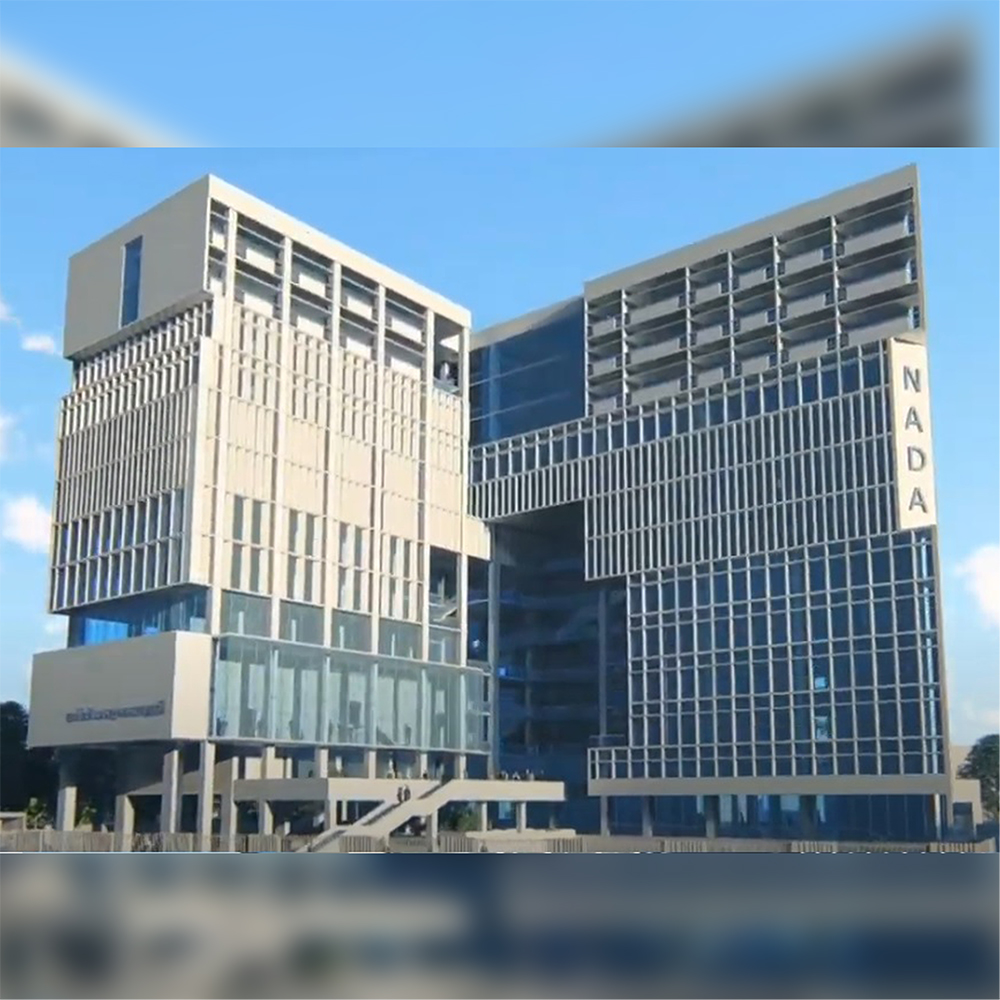Facade engineering is a specialized field within the construction and architecture industry that focuses on the design, development, and implementation of building facades. Here’s a broad description of facade engineering:
- Design and Aesthetics: Facade engineers collaborate with architects and designers to create visually appealing building exteriors. They consider the overall architectural concept, style, and aesthetic goals, ensuring that the facade complements the building’s design.
- Material Selection: Facade engineers are responsible for selecting appropriate materials for the facade, taking into account factors such as durability, weather resistance, thermal performance, and sustainability. Materials commonly used include glass, metal, concrete, stone, and various cladding systems.
- Structural Integrity: Ensuring the structural integrity of the facade is a critical aspect of facade engineering. Engineers analyze and design the facade to withstand various loads, including wind, seismic forces, and its own weight, while maintaining stability and safety.
- Energy Efficiency: Facade engineers focus on optimizing the energy performance of the building envelope. This includes selecting energy-efficient glazing, insulation, and shading systems to minimize heat transfer and reduce heating and cooling costs.
- Environmental Sustainability: Sustainable facade design is a growing concern. Facade engineers incorporate environmentally friendly practices, such as the use of recycled materials, green coatings, and innovative shading solutions, to reduce a building’s environmental footprint.
- Weatherproofing: Ensuring that the facade is weatherproof is crucial. Facade engineers implement waterproofing measures, control moisture ingress, and design for resistance to weather-related damage like water infiltration, corrosion, and thermal expansion.
- Daylighting and Natural Ventilation: Facade engineers aim to maximize natural light and ventilation within buildings. They design fenestration systems and shading devices that optimize daylighting while maintaining comfort and energy efficiency.
- Safety and Compliance: Compliance with local building codes and regulations is a top priority. Facade engineers ensure that the facade meets safety standards, fire codes, accessibility requirements, and other relevant guidelines.
- Facade Systems Integration: They coordinate the integration of various facade systems, including windows, doors, curtain walls, and cladding. This involves detailed planning and engineering to ensure seamless operation and performance.
- Maintenance and Lifespan: Facade engineers consider the long-term maintenance and durability of the facade. They design systems that are easy to maintain and assess the expected lifespan of materials and components.
- Collaboration: Facade engineers collaborate closely with architects, contractors, and other building professionals to achieve the desired facade outcomes while staying within budget and schedule constraints.
In summary, facade engineering encompasses a wide range of responsibilities aimed at creating aesthetically pleasing, functional, sustainable, and structurally sound building exteriors. It requires expertise in materials, structural engineering, energy efficiency, and architectural aesthetics to ensure that the facade meets both the design vision and practical requirements of a building project.







Reviews
There are no reviews yet.